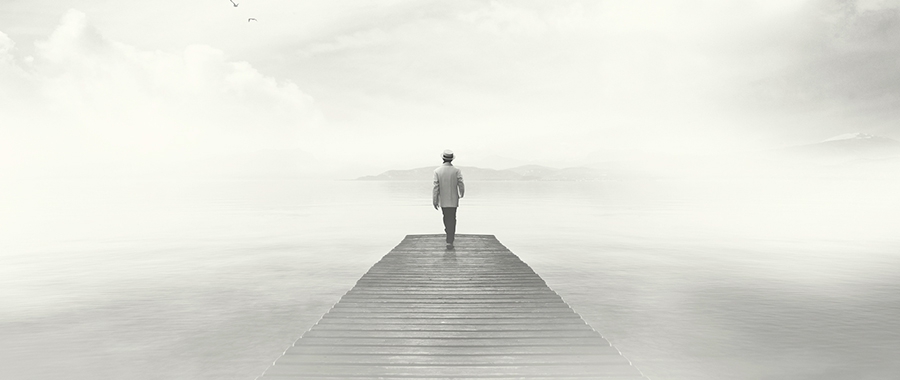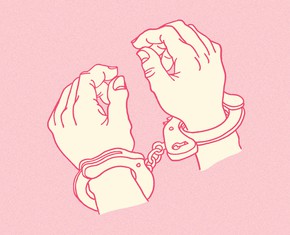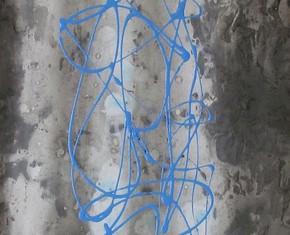The views expressed in our content reflect individual perspectives and do not represent the authoritative views of the Baha'i Faith.
In John Milton’s Paradise Lost, he expresses the Baha’i belief that heaven and hell are primarily internal spiritual conditions and not physical places.
Even though Milton does offer dramatic settings to represent these spiritual realities, he portrays them as states of being that can be experienced anywhere. In Paradise Lost the angel Michael explains to Adam and Eve that if they follow his advice by adding deeds to their knowledge, they will “possess / A paradise within” superior to the Edenic bliss they must abandon. Paradise is thus portrayed as an internal condition of enlightenment—proximity to God and compliance with His ordinances.
Milton’s hell is also a metaphysical condition. Although hell in this fictional work is described as a physical abode, the important suffering for Satan results not from the torments of a dreadful place but from his internal anguish at being deprived of companionship with God and, of course, his lofty position as an archangel.
A number of passages in the Baha’i writings express the same notion of heaven and hell as internal states of being:
They say: ‘Where is Paradise, and where is Hell?’ Say: ‘The one is reunion with Me; the other thine own self, O thou who dost associate a partner with God and doubtest. – Baha’u’llah, Tablets of Baha’u’llah, p. 118.
Abdu’l-Baha said that:
Existential paradise and hell are to be found in all the worlds of God, whether in this world or in the heavenly realms of the spirit, and to gain these rewards is to attain life eternal. – Some Answered Questions, newly revised edition, p. 257.
Therefore, while our experience in the afterlife may be substantially different from what we experience in the physical world, Abdu’l-Baha implies that since the important criteria for assessing our felicity are internal and spiritual, the just rewards of spiritual development can be experienced during our earthly lives as well as in the afterlife. In the same way, punishment for our failure to live according to the divine guidance about what is propitious for our spiritual advancement is likewise an internal anguish that can be experienced in either reality.
Milton’s Satan articulates this concept when, upon waking in hell, he says, “The mind is its own place, and in itself / Can make a heav’n of hell, a hell of heav’n. What matter where I be, if I be still the same ….”
Finally, besides agreeing with Milton’s justification of God’s actions through his delineation of man’s free will as the agent of the downfall of humankind, the Baha’i teachings also confirm Milton’s portrayal of history as a divinely guided process by which humankind will gradually become spiritually educated and ultimately redeemed. This long-range view of history as a divine process is at the heart of Milton’s theology, just as the Baha’i belief in progressive revelation is the cornerstone of Baha’i theology.
But in Milton’s theology God is not only personally aware of and concerned with the just operation of His creation, He is also beneficent and forgiving when he bids the angel Michael reveal to Adam and Eve the plan by which justice will be wrought in history. In effect, God intervenes in the present and explains how He intends to intervene in the future to bring about beneficial results from Satan’s attempt to pervert and destroy His creation. Furthermore, we infer from Michael’s instruction that for God (and for Milton) it is important for every human being to be aware of this indirect methodology by which God will use this same malicious act of Satan to demonstrate His love of His creation and, in particular, His love of humankind by redeeming humanity through the atoning sacrifice of His own Son.
These, then, are some of the ways that Milton’s theodicy seems generally in compliance with Baha’i theodicy. It is even accurate to say that Milton takes traditional Christian theology about as far as it can go by way of justifying God’s decision to have human souls begin their eternal journey in a physical world. Milton seems to portray physical reality as a place of learning and the human experience in physical reality as a means whereby human beings can recognize God’s loving nature and freely express their appreciation of it through obedience to divine law and a variety of other goodly deeds, just as the Baha’i teachings do.
















Comments
Sign in or create an account
Continue with Googleor